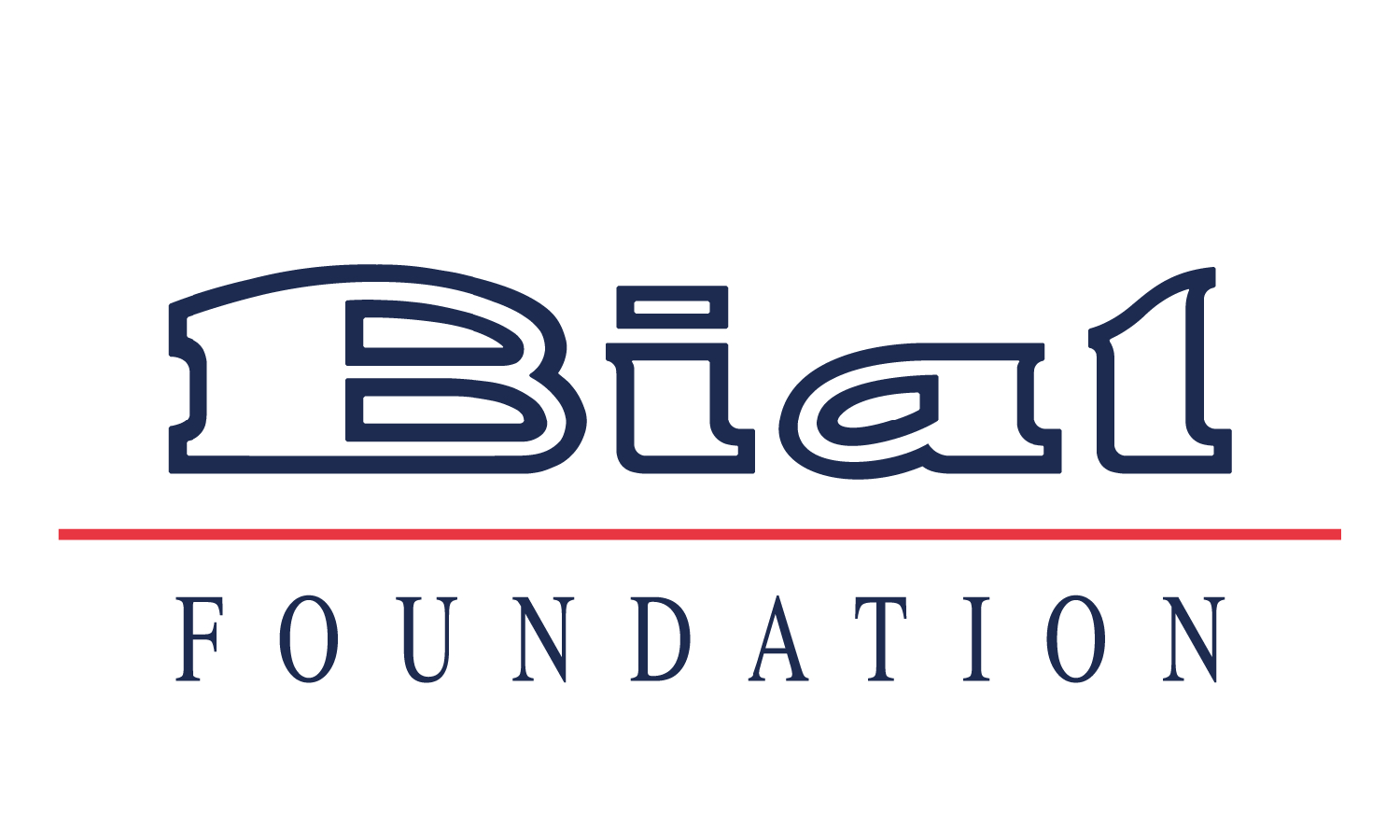Matteo Frisoni, principal investigator of the research project 384/20 - Schema-based temporal memory in parietal cortex (SCHETEMP), supported by the BIAL Foundation, assessed the degree to which detailed verbal information (i.e., dialogues), as well as semantic and spatiotemporal (i.e., “what”, “where”, and “when”) elements of episodic memories for movies, are forgotten over the course of a week in two groups of young adult (20–30 years old) and middle-aged (40–55 years old) participants. The results indicate that memory decay over a week mainly affects the auditory verbal dimension of complex events, both in terms of memory accuracy and confidence, whereas information about the “what” (objects/characters), “where” (spatial) and “when” (temporal) elements seems to be better preserved. Moreover, young adults are more accurate and confident than middle-aged participants. To know more, please read the paper “Long-term memory for movie details: selective decay for verbal information at one week” published in the journal Memory.
ABSTRACT
Mnemonic representations of complex events are multidimensional, incorporating information about objects and characters, their interactions and their spatial–temporal context. The present study investigated the degree to which detailed verbal information (i.e., dialogues), as well as semantic and spatiotemporal (i.e., “what”, “where”, and “when”) elements of episodic memories for movies, are forgotten over the course of a week. Moreover, we tested whether the amount of dimension-specific forgetting differed as a function of the participant's age. In a mixed design, younger and middle-aged participants were asked to watch a ∼90 min movie and provide yes/no answers to detailed questions about different dimensions of the presented material after 1, 3 days, and 1 week. The results indicate that memory decay mainly affects the verbal dimension, both in terms of response accuracy and confidence. Instead, detailed information about objects/characters’ features and spatiotemporal context seems to be relatively preserved, despite a general decrease in response confidence. Furthermore, younger adults were in general more accurate and confident than middle-aged participants, although, again, the verbal dimension exhibited a significant age-related difference. We propose that this selective forgetting depends on the progressive advantage of visual compared to auditory/verbal information in memory for complex events.






































































